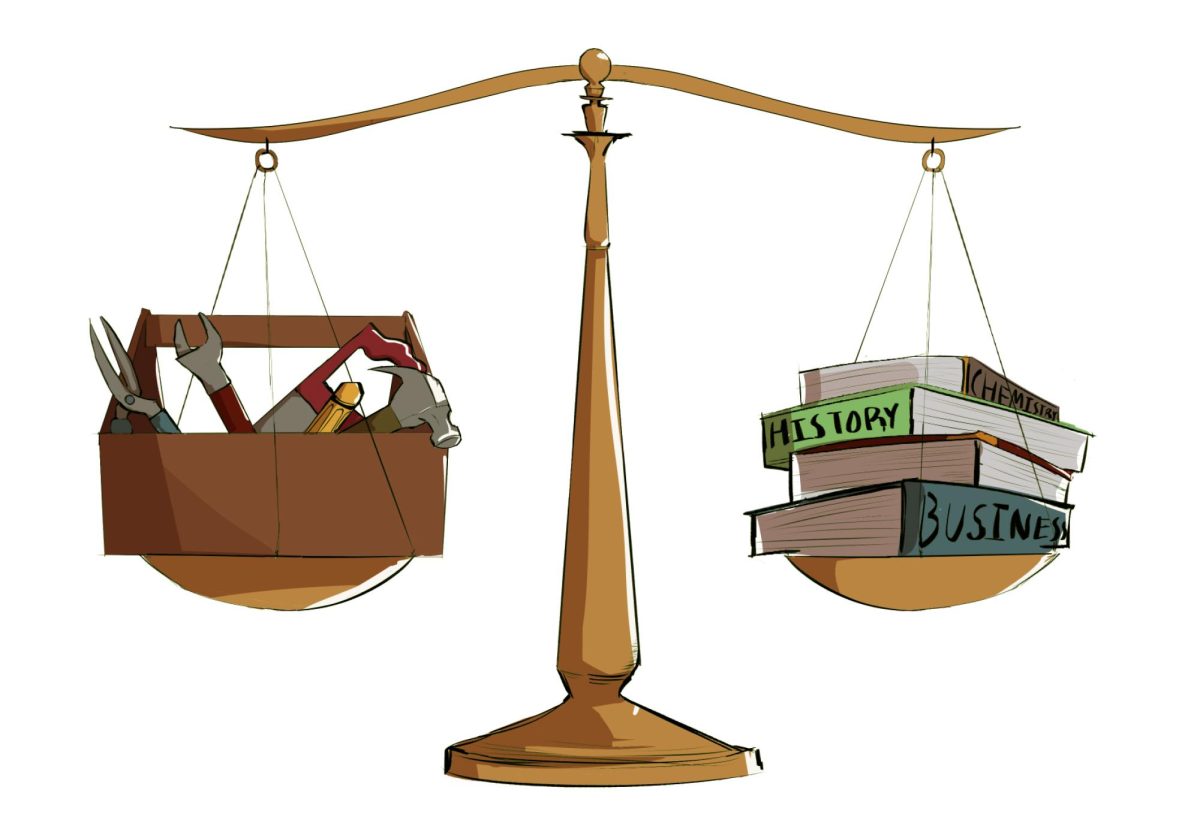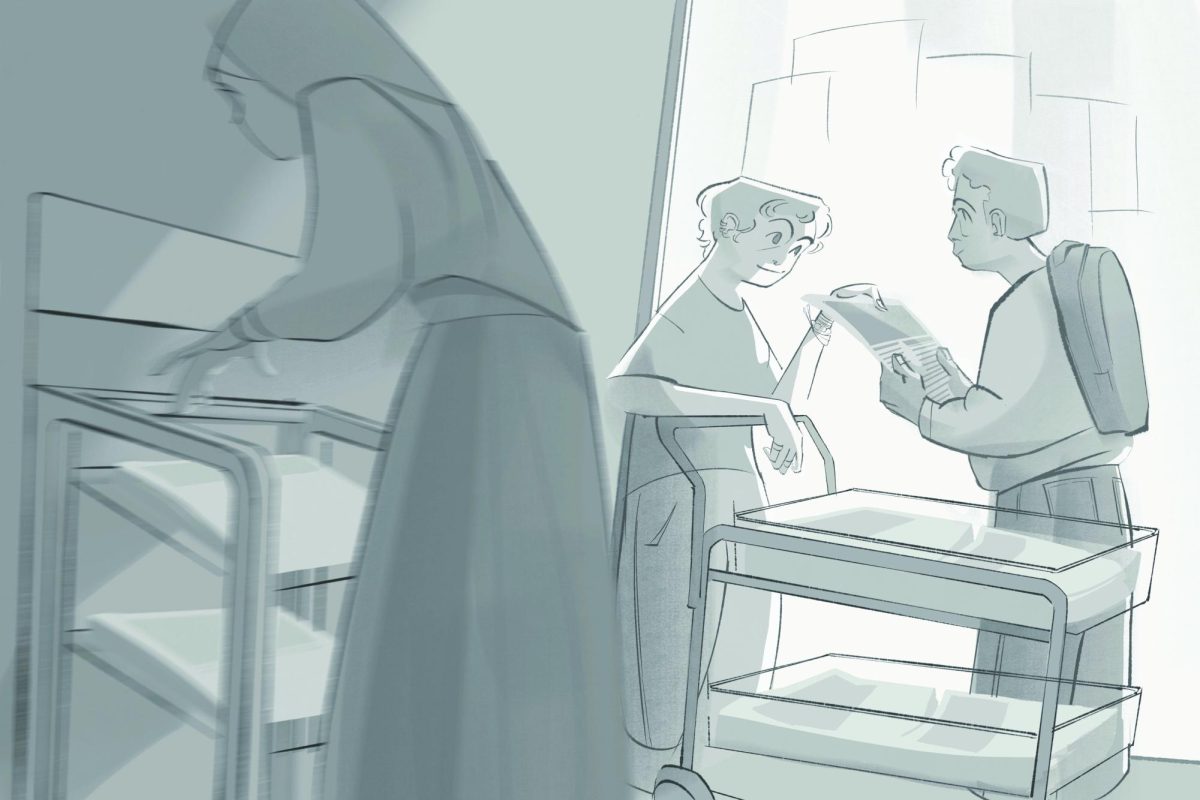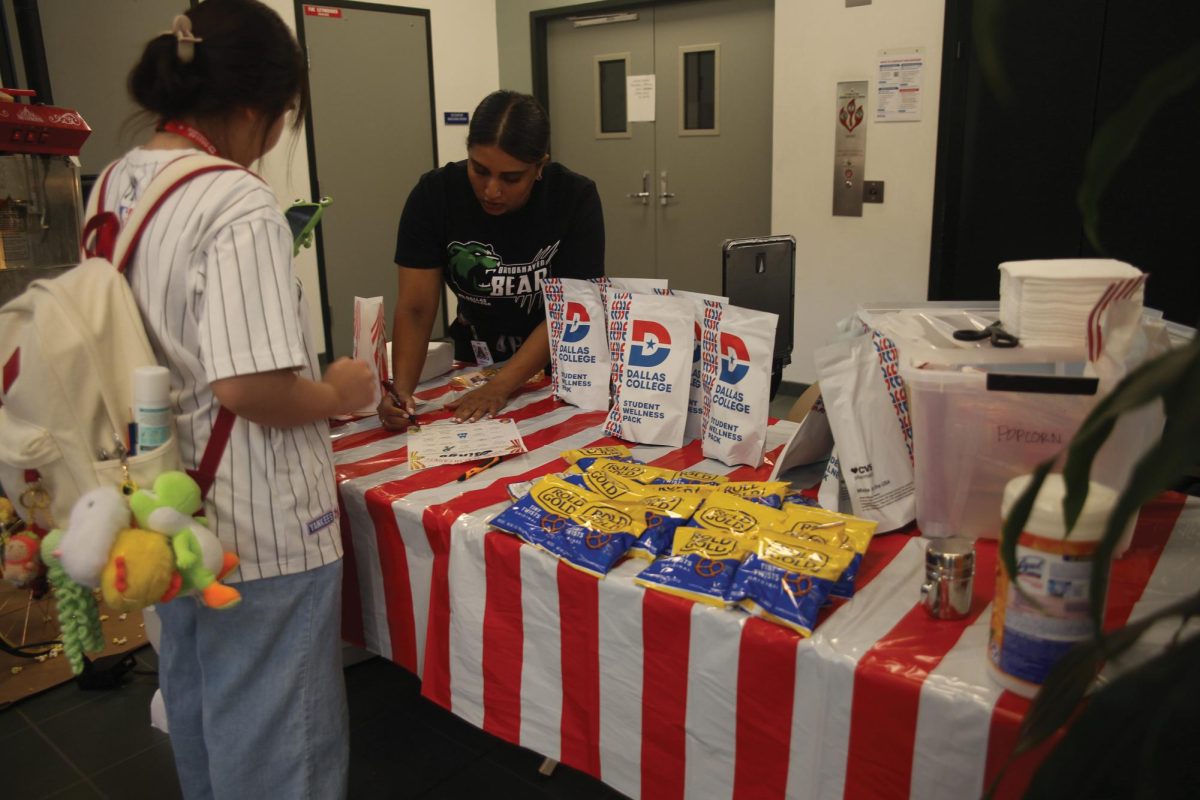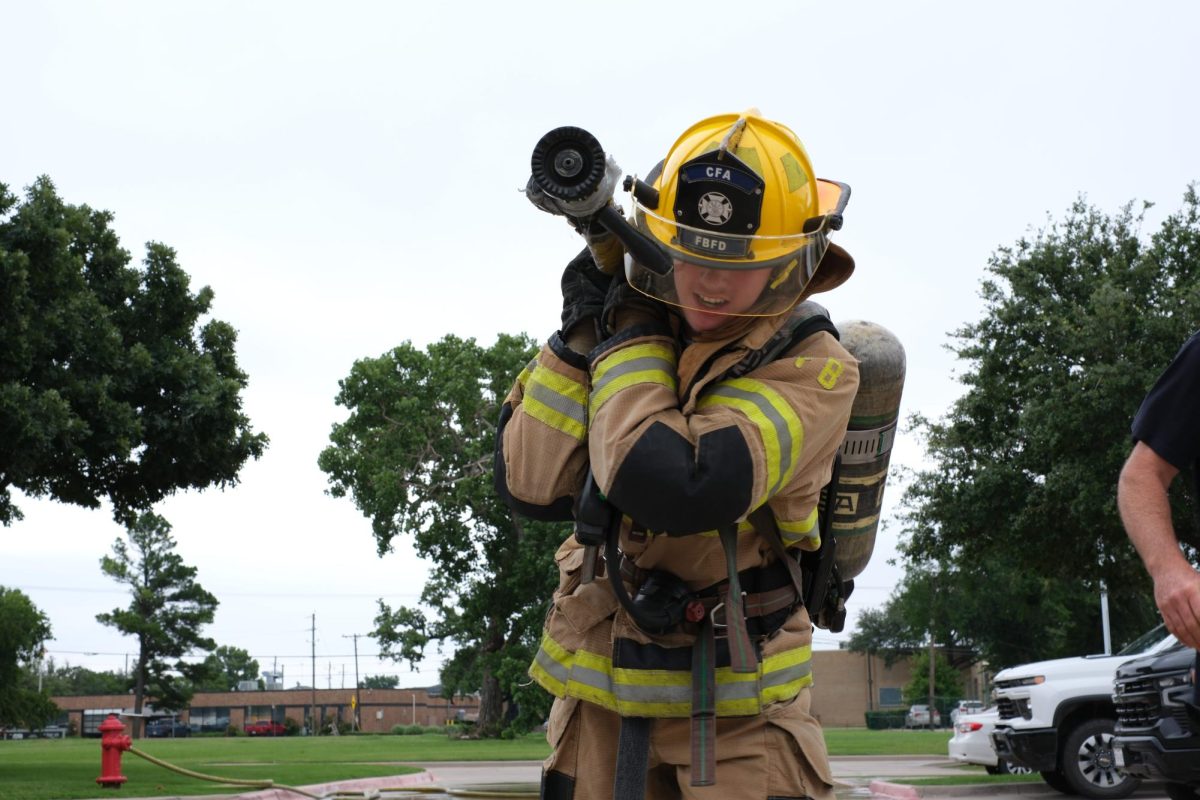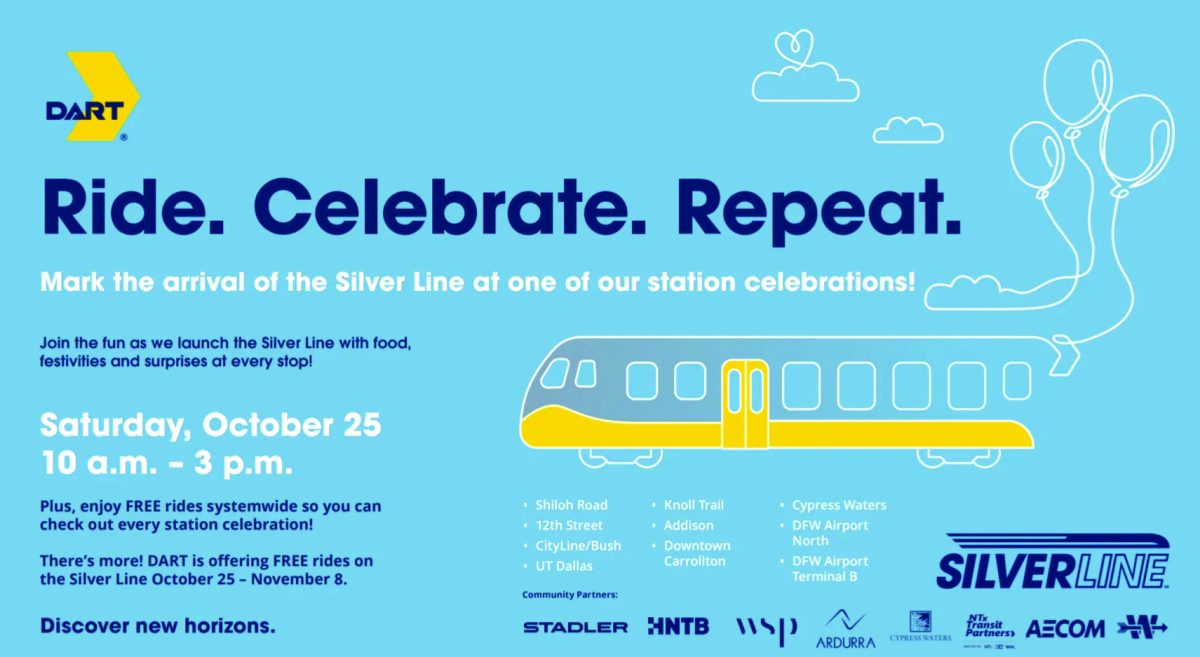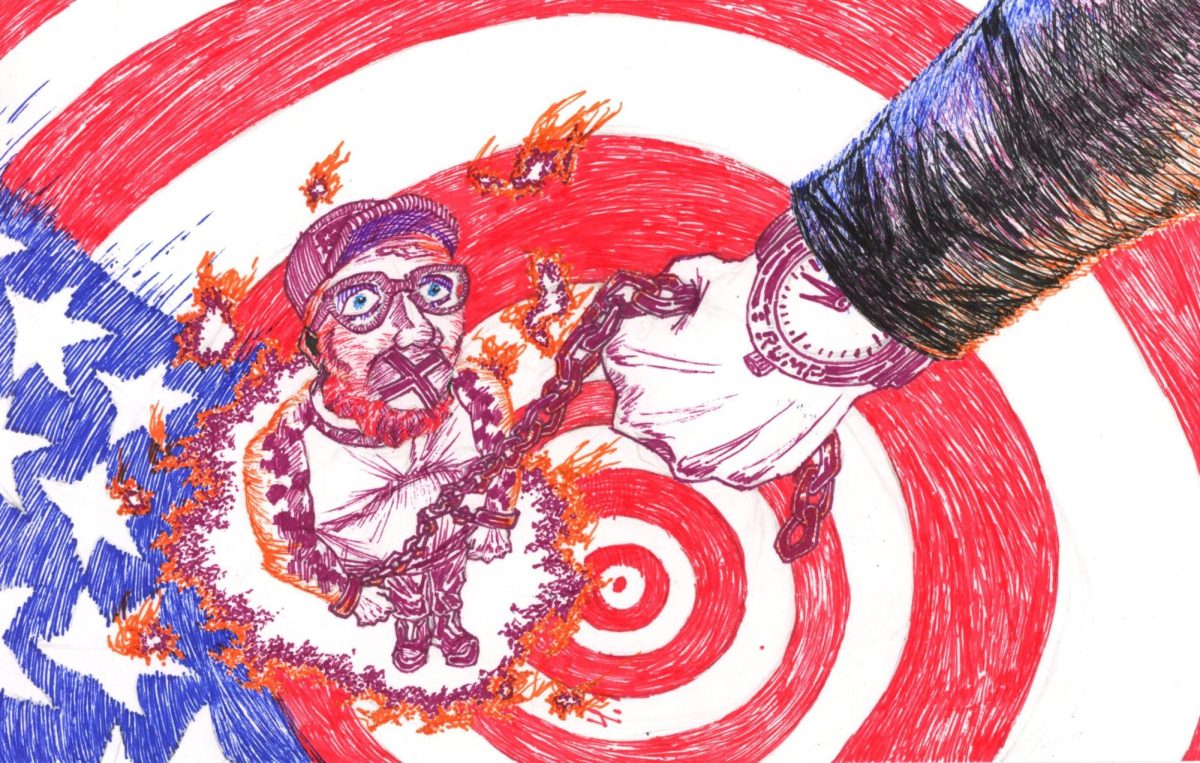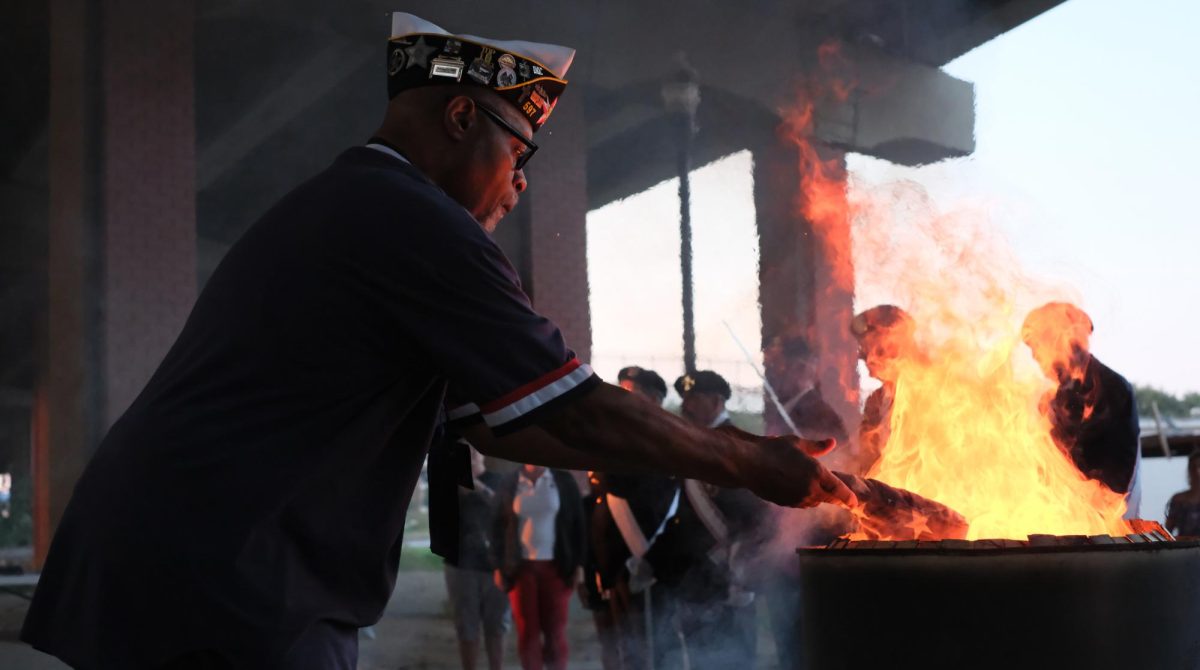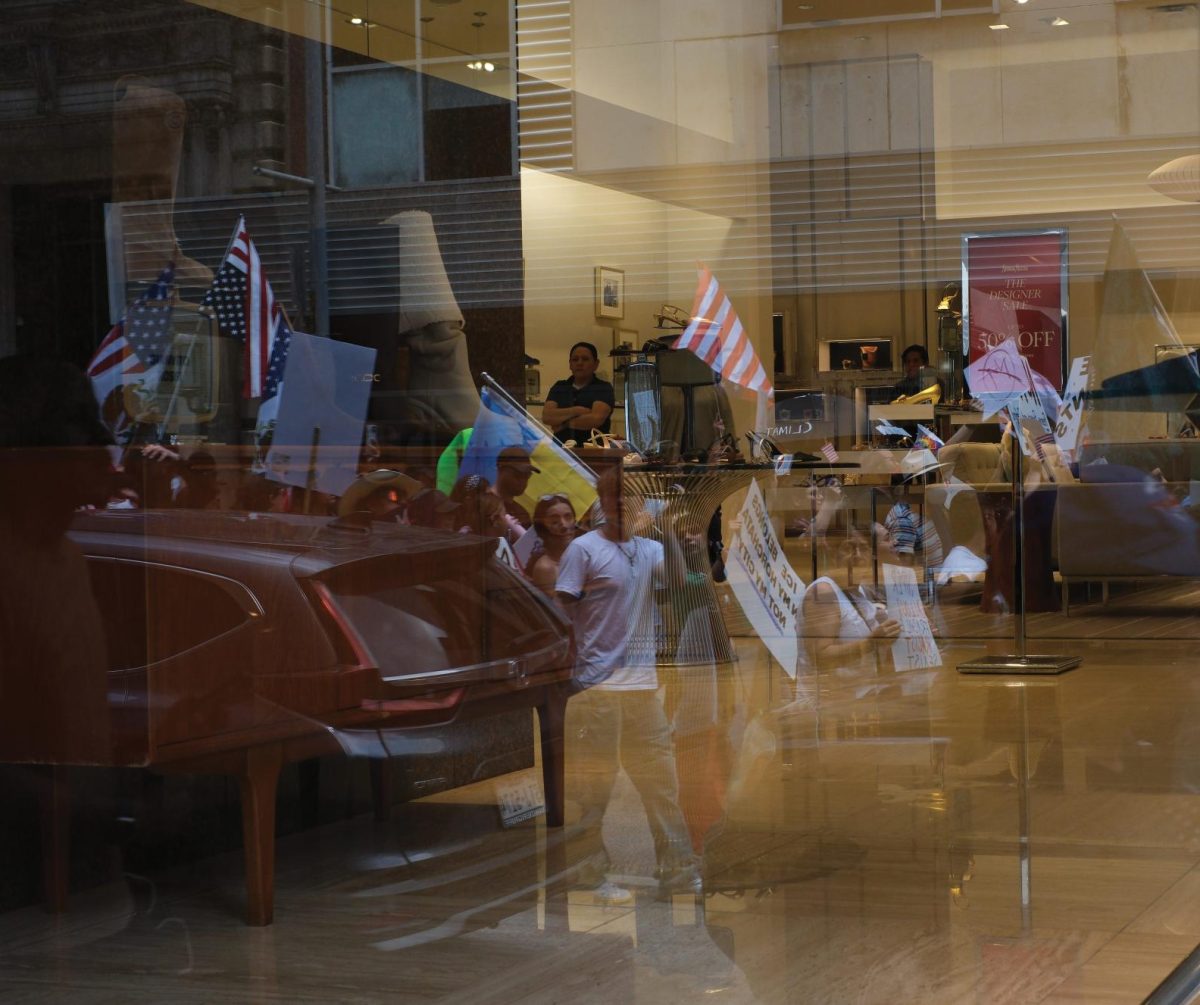As the price of 4-year university rises, the traditional educational path is becoming increasingly restrictive on young people hoping to start a career. A vast majority of coverage goes to university and to a lesser extent, community colleges such as Dallas College, but there are other options for career-oriented education which often go under the radar.
Vocational technical or trade schools have sadly gained a somewhat negative connotation in American discourse. It’s seen as an option for students who couldn’t hack the university process. Just with a cursory web browser search, you’ll find articles titled “Why Trade Schools Are Bad? (11 Reasons Why).”
The stigma around the trade path is the reason we are experiencing a trade knowledge gap in the economy. Not enough young people are working the jobs in this category.
Technically speaking, Dallas College can be called a trade school. With programs in HVAC, welding, construction management, real estate and more, we are all, whether a part of a vocational program or an academic program, attending a trade school. There is no shame in it, nor should there be.
There exists a beautiful solution to the trade gap: the vocational technical high school experience. These programs have students combining the traditional high school diploma path with a part-time attendance at a trade school. Students choose their desired field and upon graduation can either pursue a college degree or go straight into a job in their desired trade. I will die on the following hill: If vocational technical high schools received quadruple the funding they presently have, we would see far better career outcomes for the average high school student.
One of the reasons I believe that trade schools are maligned, particularly in the South, is the prevalence of union culture within the trades. A union has historically been the greatest tool of workers in industries, such as the trades, where exploitation of workers has been common. The American South has, historically, opposed the laboring class. In fact, we fought a civil war over the Southern economy’s reliance on exploitative labor, and that spirit has not fully dissipated.
A widely held misconception about trade schools is that they are exclusively for blue collar jobs. While there is certainly a share of them, there are plenty of options that don’t fall into that category. You can get creative with your career path using vocational training. Trade education can often lead to non-traditional jobs that others might miss out on. For example, Dallas College has both automotive and welding program. Here, in Farmers Branch the Haas Moto Museum also has a custom bike shop that needs successors.
Ultimately, I feel like there are two types of college students: those who know what they want to do, and those who are figuring that out as they go. The students who are set on a career path are great, I strongly recommend following your passions, and I’m happy for you if you can do that. However, I’d argue the majority of college students are searching for something they can stand to do for their careers. To those people, I hope you’ll at least take a look at one of the many vocational aptitudes you very likely have. The only limit to your vocational opportunity at Dallas College is you. The programs are out there – find the one that you can make a difference in.


